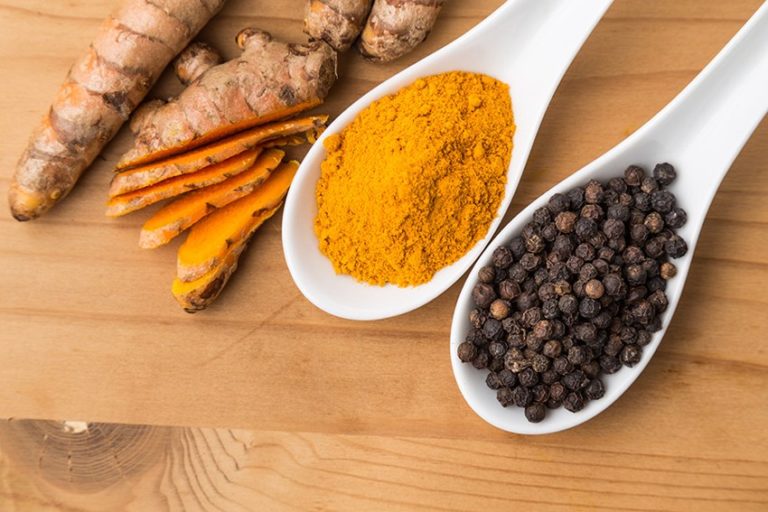Did you know about the amazing health benefits of pickles? Pickles are an indispensable part of world cuisine. All people, regardless of culture, can name a dish containing these preserved vegetables.
They make mouth-watering appetizers and are must-have additions to meals. Read on to discover how people the world over making them.
The benefits of pickles, these delicious preserved vegetables, for your health are endless.
But are they as wholesome as your friends would have you believe? Like all preserved foods, they have a few side effects.
Let’s find out what the consequences of eating too many pickles are, and how many of them are too much.
The Pickling Process
People have used the pickling process to preserve food since civilization began. Before the advent of modern refrigeration, pickling was the only way to keep food fresh. It was a way to circumvent the constraints of weather.
The process took root in India about 4000 years ago. Due to seasonal changes and a lack of water during summer months, food production decreased. There was a need to counter the effects of heat and humidity.
Keeping the excess food made during the winter season was necessary, so the process of pickling was born.
All cultures have different ways of preserving vegetables. Asians prepare pickles using oil, salt, and dry chili powder. The ingredients are in balanced proportions to counter each one’s effect on taste.
Making Different Types of Pickles
The Indians use unripe fruits like gooseberry, tamarinds, and lemons for pickling. Other vegetables like ginger, garlic, jackfruit, onion, cauliflower, and carrots are favorite pickled ingredients as well. Occasionally, they use a blend of vegetables and fruits.
Pickles have been popular in China for thousands of years. The Chinese pickle many vegetables, including cabbage, yellow tea melon, shallots, carrots, and cucumbers. They keep duck eggs intact using salt and earth.
Soy sauce is a common preservative. The Chinese also add ginger, chili, and garlic for flavor.
The best known preserved product in Korea, by far, is Kimchi. The Koreans use vegetables, oysters, and other ingredients to prepare this blend. The pickling process varies according to the availability of foods. Koreans ferment many ingredients, including spicy chili.
The Japanese pickled vegetables as well. Pickled foods include radish, ginkgo nuts, ginger, carrots, and plums. They rely on soybean paste to ferment these ingredients.
Vinegar is a commonly used preservative in the west. Cucumbers are either fermented or cooked in a crockpot. With a variety of sweet, salty and sour tastes, they delight the palate.
To ferment pickles, people drown vegetables in vinegar or brine. Then, they leave the concoction for weeks. If they wish to make fresh pickles, they will pour salt water over the foods they choose.
Why Pickles Are Good for You
With all these preservatives, you may wonder if pickles are the right foods to eat.
Here are the health benefits of pickles:
1. Filled with Antioxidants
Pickles are a rich antioxidant source. Since cooks store preserved vegetables without cooking them, the antioxidants within remain as they are. Antioxidants are micronutrients that protect the body against the free radical damage.
Free radicals, a by-product of cell metabolism, are unstable chemicals. You can counter their attacks by taking in foods with high amounts of antioxidants.
2. A Source of Probiotics
Pickles also give a steady supply of probiotics. These healthy bacteria help break down food in your gut. To increase their numbers, you can eat pickles prepared via fermentation. They replace friendly bacteria in the gastrointestinal tract and give your health a boost.
3. Essential Nutrients
Further, they provide essential nutrients. Cooks use foods like coriander, curry leaves, spinach and parsley to prepare pickles; they are appetizing and entice children to eat their vegetables.
Children do not realize that they are getting a steady supply of Vitamins C, A and K. Unwittingly, they take in calcium and other micronutrients as well.
4. Diabetes Control
Moreover, many studies prove that vinegar improves hemoglobin levels. The acid in it increases hemoglobin, which, in turn, controls diabetes.
5. Enhances digestion
Pickled fruits, such as Indian Gooseberry, are a typical Ayurvedic treatment, They are a feature at Asian dining tables, as people believe that they improve digestion. They strengthen the mucous membrane in the gut and help to prevent ulcers.
6. Liver Protection
Pickles protect the liver as well. Research proves that Amla extracts, given to animals, reduce toxicity in the liver.
Reasons for Not Eating Too Many Pickles
Yes, pickles, without a doubt, do good to your body. Despite the fact that your health benefits from eating pickles, you should only take enough to gratify your palate: experts discourage excessive consumption.
1. High Sodium Content, bloating and hypertension
That a person should not take table salt in excess is well-known. It increases the risk of hypertension and heart disease. A high salt content causes fluid retention. The excess liquid, in turn, causes high blood viscosity (blood thickness) and swelling.
A person’s recommended daily salt requirement, according to WHO, is 5g. Commercially prepared pickles tend to have more salt because manufacturers use chemicals to prepare them.
2. Excess oil quantity
Oil functions as a moisture barrier and prevents food from decaying. It is a must-have ingredient in the pickling process. Unfortunately, it increases cholesterol levels and exacerbates heart disease. It may also cause liver damage.
3. Upsets digestion
Pickles or brine can trigger digestive disorders. According to studies conducted by the University of Arizona, it is food to avoid if you have diarrhea.
4. Renal failure
Too many pickles may stress your kidneys. They act as a filter that removes unwanted chemicals from your bloodstream and channels it through the urinary tract. These organs have to work harder than usual to remove the excess salt from pickles.
Individuals with existing kidney conditions should avoid preserved foods.
5. Esophageal cancer
A study published in the British Journal of Cancer reveals that pickles double the risk of esophageal cancer. People usually place them in jars and cover them with saltwater. They unwittingly create an environment for microbes to feed on sugars.
As these unhealthy organisms do so, they release acid and carcinogens, an ideal cancer building block.
Moderation Is Key
Eating pickles does improve your health, but moderation is key. An entire jar of them is way too many for an individual; one of them a day is more than enough.
Without a doubt, preserved foods have their strengths. To get most of these health benefits of pickles, limit yourself when eating them.





Pickles have lots of nutrients. And it is a good source for the bacteria in our stomach.